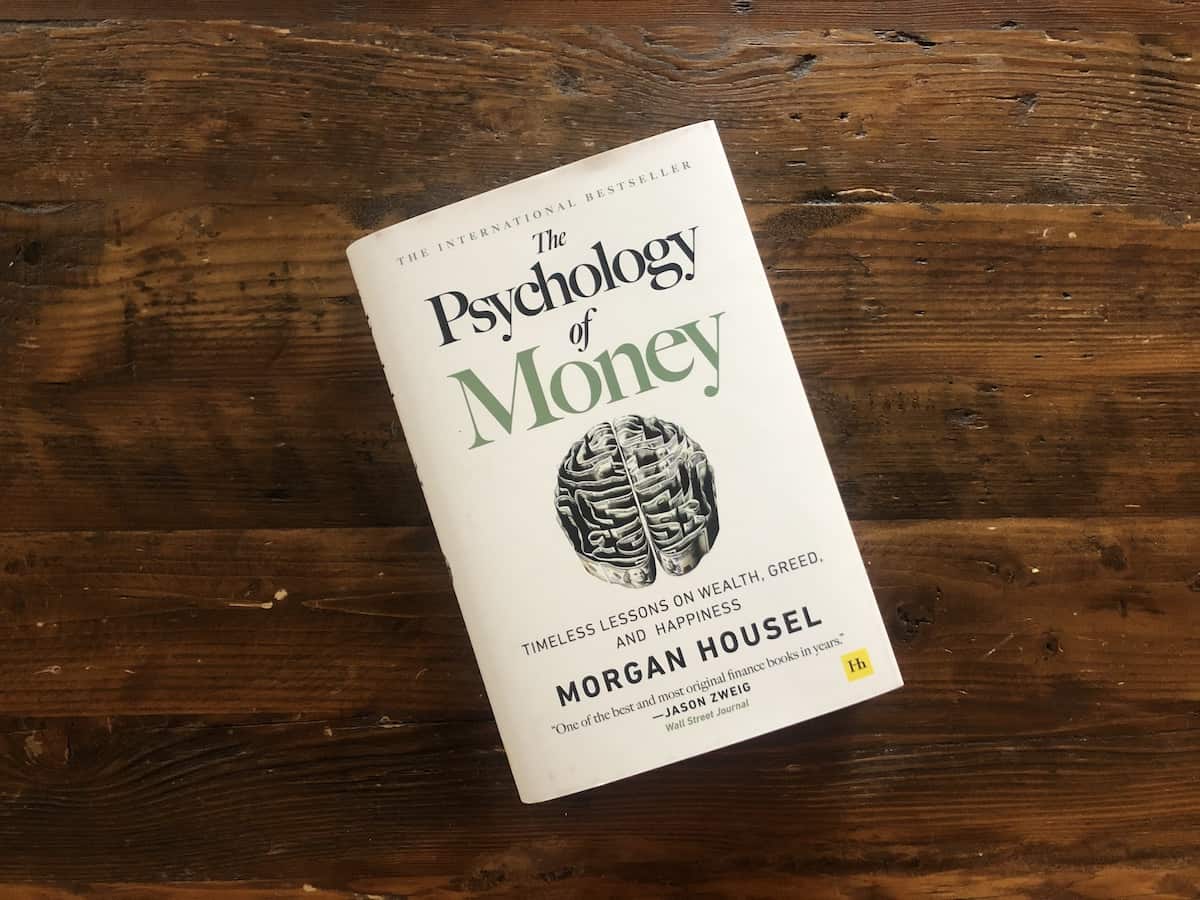novellainstitute.com – Morgan Housel’s The Psychology of Money is a transformative guide that explores the emotional and behavioral aspects of financial decisions, breaking away from the traditional numbers-driven approach. The book’s core message emphasizes that financial success has less to do with intelligence or technical expertise and more with how individuals behave around money.
Key Themes and Insights
- Behavior Over Knowledge
Housel illustrates that understanding money isn’t about complex formulas but mastering human psychology. Stories like Ronald Reed, a frugal janitor who amassed a fortune, juxtaposed with a high-earning executive who went bankrupt, highlight how financial behaviors and mindset are pivotal. - The Concept of “Enough”
Modern society often encourages moving financial goalposts. Housel argues that happiness and stability come from defining and sticking to personal limits of “enough,” resisting the endless comparison and envy modern capitalism fosters. - The Role of Time and Compounding
A notable highlight is Housel’s discussion on Warren Buffett’s wealth, which underscores the power of early and sustained investing. Consistency over time, rather than extraordinary returns, plays a vital role in building wealth. - Survival and Risk Management
Housel posits that staying in the game—preserving wealth and weathering volatility—is more crucial than maximizing short-term gains. This perspective promotes a cautious, long-term approach to financial decisions. - Optimism vs. Pessimism
The book advocates for cautious optimism, noting that while pessimism might sound more intelligent, sustained growth and progress require an optimistic outlook.
Unique Features
Unlike other finance books, The Psychology of Money avoids technical jargon, making it accessible to a broad audience. It uses storytelling to convey lessons, with 19 chapters offering distinct anecdotes and principles that are both relatable and practical.
Why Read It?
Whether you’re an experienced investor or new to managing money, the book provides fresh perspectives on wealth, happiness, and decision-making. Its focus on human psychology makes it relevant not only for financial success but also for understanding life choices more broadly.
In short, Housel’s work stands out as a must-read for those looking to align their financial decisions with their values and long-term goals, offering timeless lessons for individuals from all walks of life




